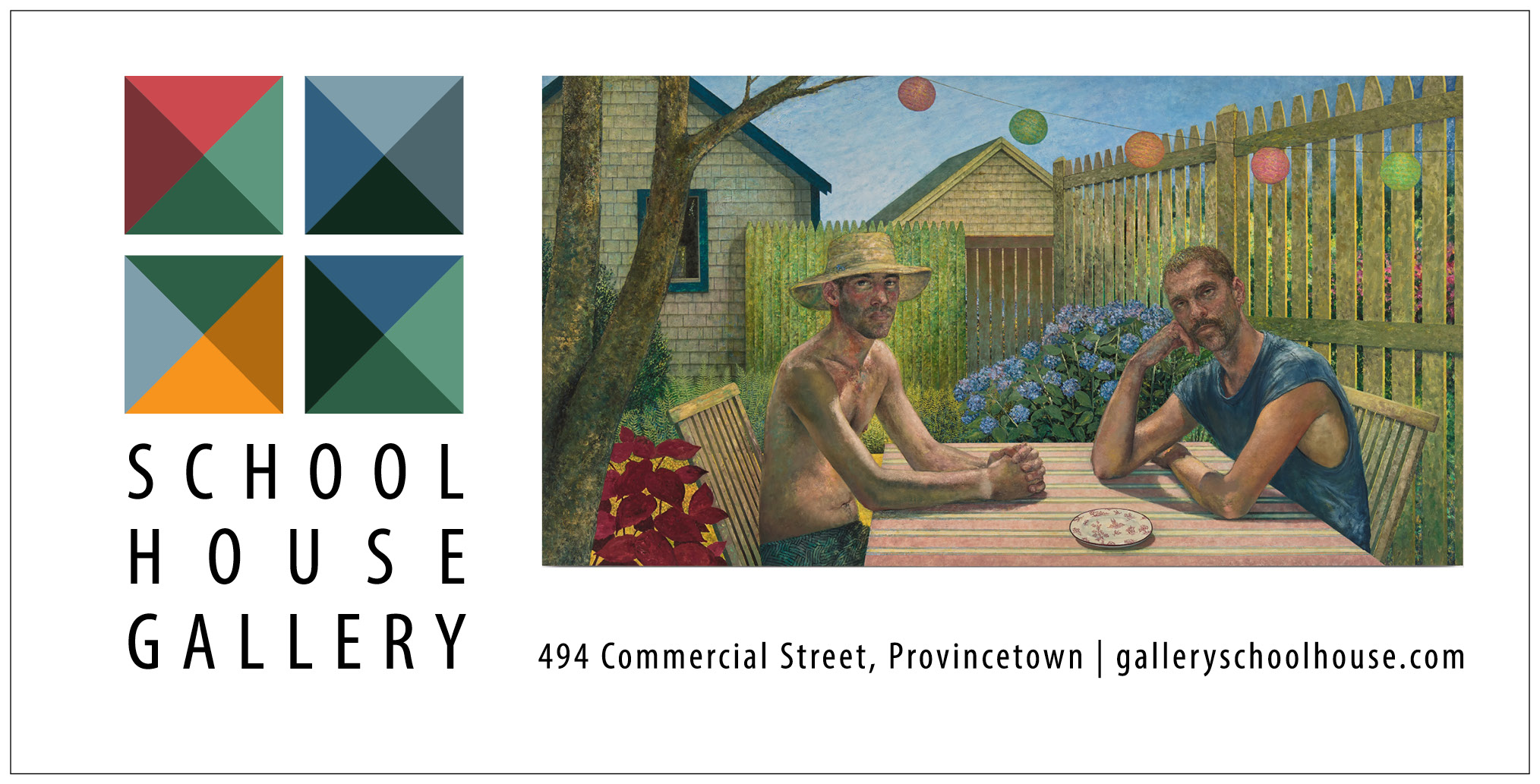EASTHAM — Before the pandemic, I often led classes for the Registry of Motor Vehicles. The students had been cited for speeding and other infractions. The curriculum was supposed to change their attitudes about driving and encourage them to drive slower and more safely, thus reducing the chances of future citations, collisions, and injuries.
These eight-hour sessions were mandatory if the participants wanted to avoid having their licenses suspended, or to qualify for reinstatement of previously suspended licenses.
My classes in Boston were often disproportionately filled with young Black males. Often, they would say that they’d been targeted by police for “driving while Black.” They felt they were more likely to be ticketed and jailed than white drivers. There was obviously some truth to these allegations, which I would try to acknowledge — although there was no official recognition of that fact by the RMV, nor was the issue addressed in the curriculum.
Those discussions took me back 50 years to my high school in Michigan, where the band teacher, forced to teach history during a budget crisis, vehemently dismissed Martin Luther King Jr. as a Communist and a womanizer.
One night not long afterwards, I shared a cell for a few hours with two young Black men who apparently didn’t know not to drive through Eaton County at night, a county that George Wallace won in the 1968 presidential primary. I wasn’t surprised when they told me a cop had pulled them over and kicked out their taillight as an excuse for putting them in jail.
When I was young, my parents liked inviting people who were different from us in for Sunday dinner. I remember learning to say, “Your peas are at 10 o’clock” to a visually impaired person, and watching someone get in the house in a wheelchair. One Sunday, an entire Black gospel choir came over. To this day I don’t know how my parents even found a Black gospel choir.
To be honest, I’m only able to intellectualize how it might feel to know you’re going to be treated differently because of your skin color. If a cop pulls me over, I might be irritated or chagrined, but never fearful. I never worry about getting beaten or shot. I’m not followed around in stores. That’s my privilege.
I always felt vaguely complicit in the systemic racism surrounding the “privilege” of driving. But I continued to lead RMV classes, thinking that, somehow, by acknowledging the reality of Black drivers’ experiences, I was exempt from having to accept responsibility for my own small role in the system.
I don’t know if I’ll be offered the opportunity to lead classes again after the Covid crisis has passed. I enjoyed interacting with folks who were different from me, in spite of (or because of) the uneven power of the relationship. I admit to being a little embarrassed by the comfortable homogeneity of Cape Cod. Until the Black Lives Matter movement erupted, I was able to ignore and rationalize my complicity. I’m not sure I can any longer.
Steve Larsen is a semi-retired social worker, union organizer, summer camp director, and carpenter.



